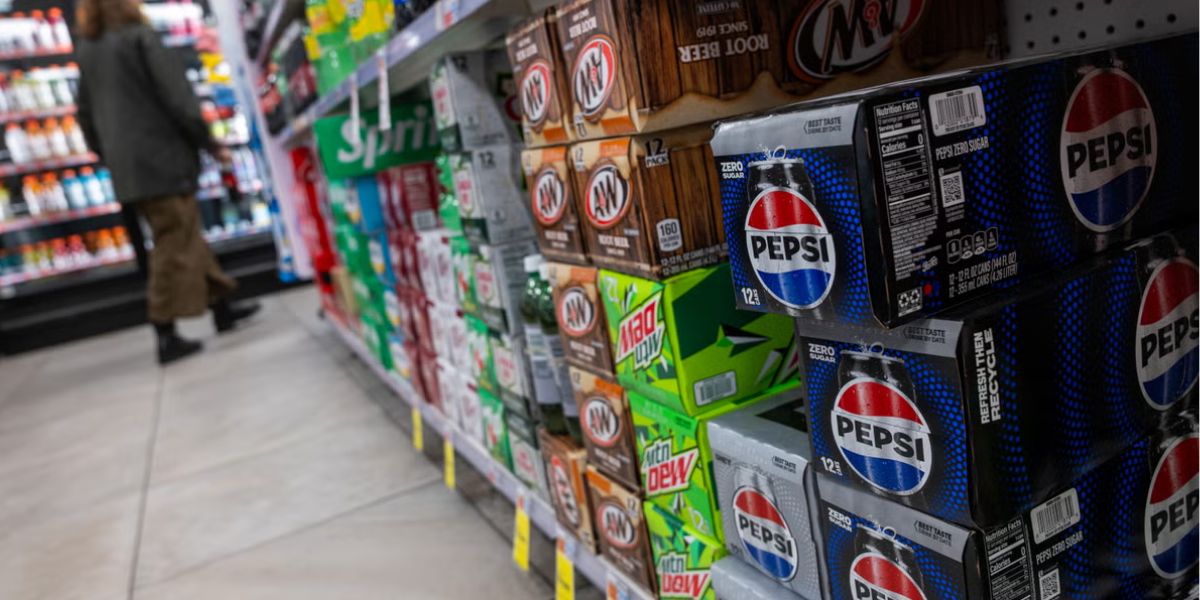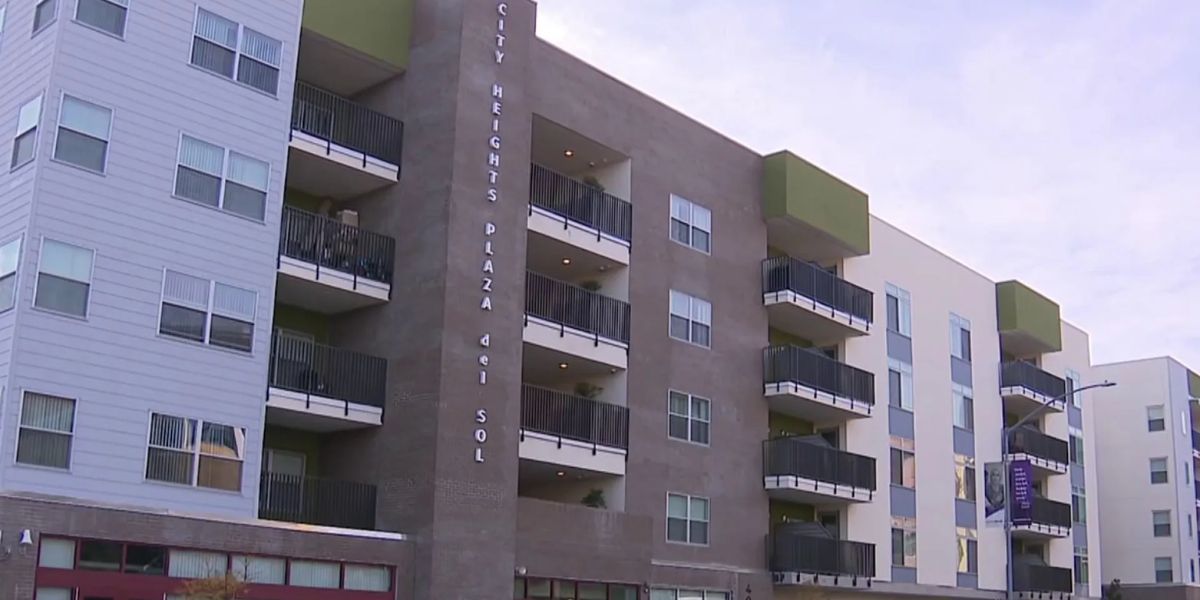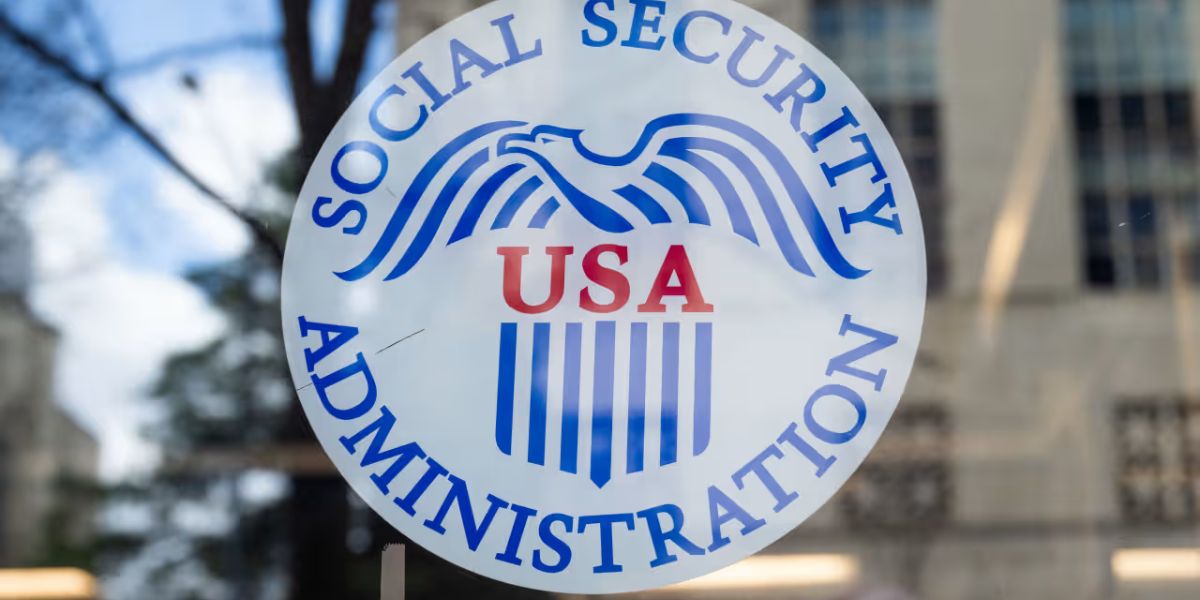Nebraska is the first state in the nation to be approved by the federal government to prohibit the use of Supplemental Nutrition Assistance Program (SNAP) benefits, formerly known as food stamps, to purchase sodas and energy drinks.
US Secretary of Agriculture Brooke Rollins announced the decision, calling it “a historic step to Make America Healthy Again” and affecting approximately 152,000 beneficiaries in the state.
More than 42 million Americans receive federal food assistance, and the policy, which will go into effect on January 1, 2026, marks a dramatic change in how the program is run.
In support of the initiative, Nebraska Governor Jim Pillen said that “there is absolutely no reason for taxpayers to subsidize the purchase of soft drinks and energy drinks.”
According to him, SNAP is meant to promote a healthy diet, and the items that were eliminated had no nutritional value.
Nebraska is the first state in the nation to be approved by the federal government to prohibit the use of Supplemental Nutrition Assistance Program (SNAP) benefits, formerly known as food stamps, to purchase sodas and energy drinks.
US Secretary of Agriculture Brooke Rollins announced the decision, calling it “a historic step to Make America Healthy Again” and affecting approximately 152,000 beneficiaries in the state.
More than 42 million Americans receive federal food assistance, and the policy, which will go into effect on January 1, 2026, marks a dramatic change in how the program is run.
In support of the initiative, Nebraska Governor Jim Pillen said that “there is absolutely no reason for taxpayers to subsidize the purchase of soft drinks and energy drinks.”
According to him, SNAP is meant to promote a healthy diet, and the items that were eliminated had no nutritional value.
West Virginia, Arkansas, Colorado, Kansas, Indiana, and Iowa are the other six states that might do the same. These have also asked the Department of Agriculture (USDA) for similar waivers. Some of these requests aim to restrict access to hot foods like rotisserie chicken and even to outlaw items like flavored popcorn and low-fruit juices.
But not everyone is in agreement
Critiques quickly surfaced, despite the federal administration portraying the measure as a public health triumph. The Food Research & Action Center and other groups contend that the limitations fail to address the root cause of the issue.
Read Also: Warning: SNAP Benefits Could Be Stolen in 2025—Protect Yourself Now
The center’s deputy director, Gina Plata-Nino, maintained that “incentive-based, not punitive, policies are more effective and dignified in improving nutrition.”
The action ‘threatens’ logistics and expenses
People who are already experiencing food insecurity may have fewer options for shopping if these restrictions are implemented, as there are concerns that they will raise administrative expenses and make logistics more difficult for small retailers, particularly in rural areas.
In keeping with the tax cuts implemented by the Trump administration, congressional Republicans are considering cutting the SNAP program by $230 billion as part of a budget package.
According to a Yale University analysis, these choices would reduce government assistance programs and tax breaks, shifting wealth from the poorest 40% of the population to the richest 1%.



